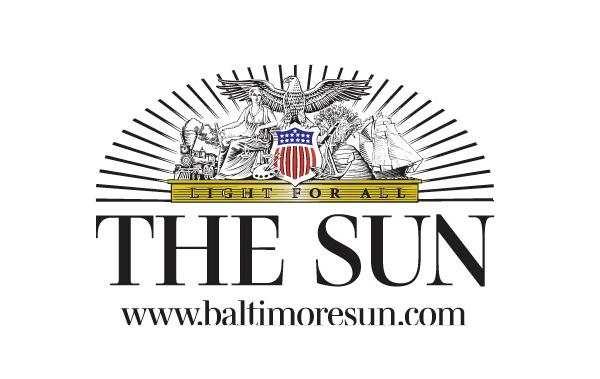When I read last week about the proposed purchase of the Baltimore Sun, Capital Gazette and Carroll County Times by a non-profit foundation formed by Maryland businessman-philanthropist Stewart Bainum, Jr., I was overjoyed. It clearly qualified as good news.
The still-incomplete sale will save the Sun from acquisition by a hedge fund renown for cutting newsroom staff and hence local content. The nearly 184-year-old Sun will enter a phase that hopefully will focus on exhaustive local coverage, not ruthless cost-cutting that damages an important tool for democracy.
When I read last week about heroic efforts by news reporters in Texas to ignore their personal discomfort to cover the severe impact of the storm-caused power outages, again I understood the value of journalism to communities hungry for news and information. One news outlet, the digital Texas Tribune, provided public service information separately needed by residents about the weather disaster.
This is not my first column about the nexus between responsible journalism and community engagement. As a former journalist who learned first-hand about the importance of local news to rural residents, I understand the overriding need for citizens in large and small communities to be informed, to be stirred up at times and to feel comfortable with a steady and reliable flow of information.
Word-of-mouth news dissemination is valuable, though often distorted by the flawed human condition to listen only so well and overlay the spoken word with innate bias.
Bainum’s Sunlight for All Institute is viewed by many, including the news staff, as a savior. The heir to a fortune generated by Manor Care Nursing Homes and current CEO of Choice Hotels, Bainum is a former state legislator who lives in Takoma Park, MD. Though not a Baltimorean, he is investing his own money in an institution that serves not just Charm City, but also the entire state.
Why does a non-profit business model matter to survival of a once revered regional newspaper, one that at one time had foreign bureaus?
Though a business concerned too about the bottom line, a non-profit does not have to satisfy investors by making a tidy profit. It can focus on the product and the quality of the content in this case. A lean, understaffed newsroom may very well see some expansion and experience less fear of crippling layoffs.
Bainum, investing his own funds while accepting significant contributions from Baltimore’s Abel and Goldseker foundations—as well as other donations— can provide a boost to a newspaper serving a community yearning for information and government accountability. A newsroom decimated by periodic layoffs and resignations by skilled journalists deprives the public square of dialogue and dissent.
My earlier reference to Texan journalists suffering themselves from cold and misery, while serving readers, testifies to the role played by the print, digital and electronic media. If knowledge is power, then information and civic engagement are vital for public nutrition.
However, we do not need disasters and consequent media coverage to justify the need for a strong free press.
I dearly hope that the sale of the Baltimore Sun, the Capital Gazette in Annapolis and the Carroll County Times in Westminster will go through without undue delay and complication. Also, I hope that readers interested in a healthy democracy spurred by a thriving news outlet will support their print and digital news outlets through generous donations.
The for-profit Star Democrat needs subscribers and advertisers, along with loyal readers. The non-profit Talbot Spy needs donors, advertisers and readers. Without financial support, they will fail. A news and cultural void will result. The community will lose its glue.
The information infrastructure that undergirds every community will dissipate. Consider the local media as you would a public utility. It is invaluable.
This is not a fundraising pitch. Instead, I am encouraging readers to accept that the free press is not free. It requires grassroots philanthropy.
“Take me ham away, take away my eggs, even my chili, but leave me my newspaper,” Will Rogers, the great American humorist, once said. He was right.
Responsible news reporting provides sustenance for the mind and soul.
Columnist Howard Freedlander retired in 2011 as Deputy State Treasurer of the State of Maryland. Previously, he was the executive officer of the Maryland National Guard. He also served as community editor for Chesapeake Publishing, lastly at the Queen Anne’s Record-Observer. In retirement, Howard serves on the boards of several non-profits on the Eastern Shore, Annapolis and Philadelphia.


Write a Letter to the Editor on this Article
We encourage readers to offer their point of view on this article by submitting the following form. Editing is sometimes necessary and is done at the discretion of the editorial staff.